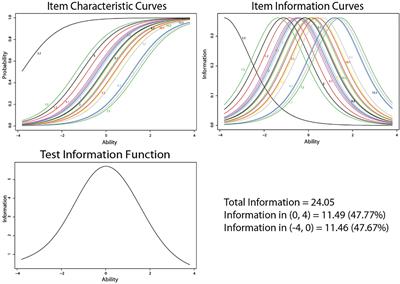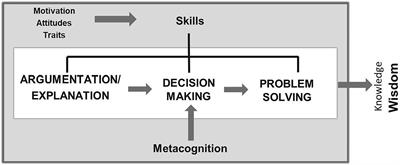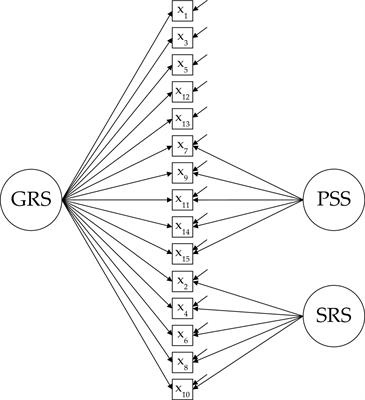ORIGINAL RESEARCH
Published on 11 Oct 2022
Aspects of self-regulated learning and their influence on the mathematics achievement of fifth graders in the context of four different proclaimed curricula
doi 10.3389/fpsyg.2022.963151
- 2,714 views
- 6 citations





